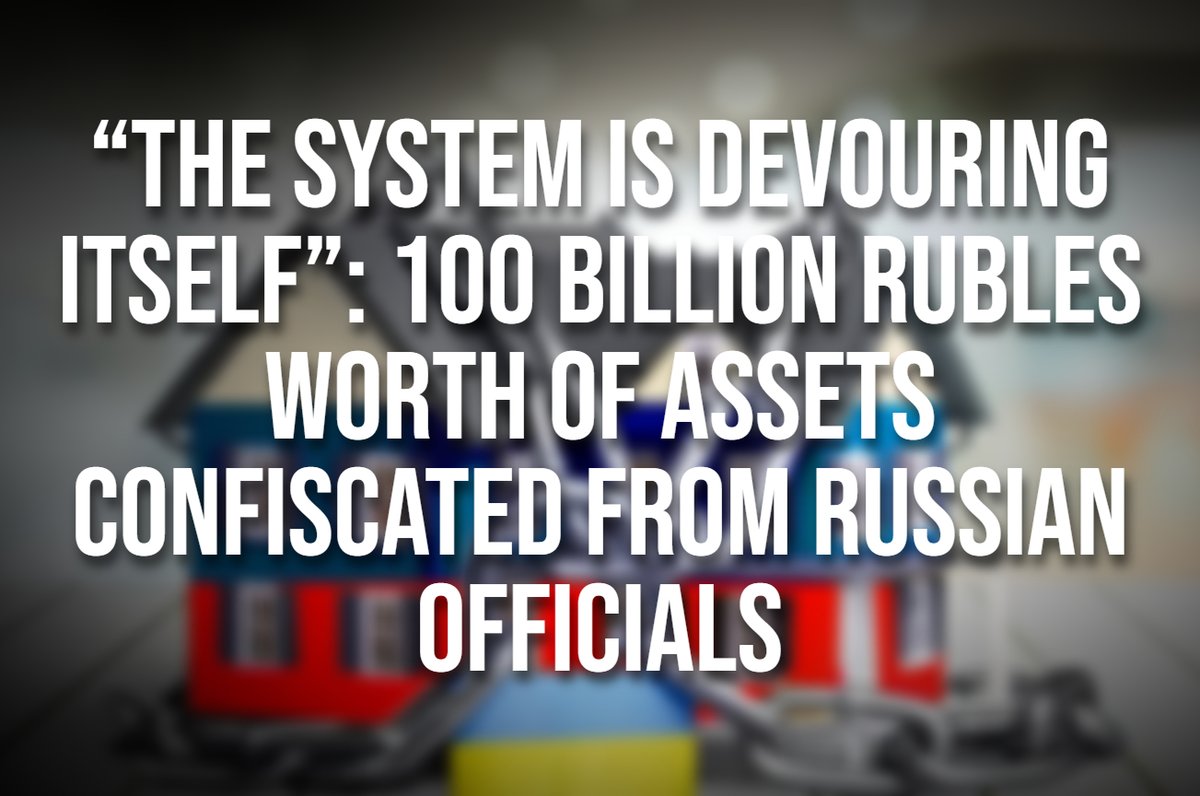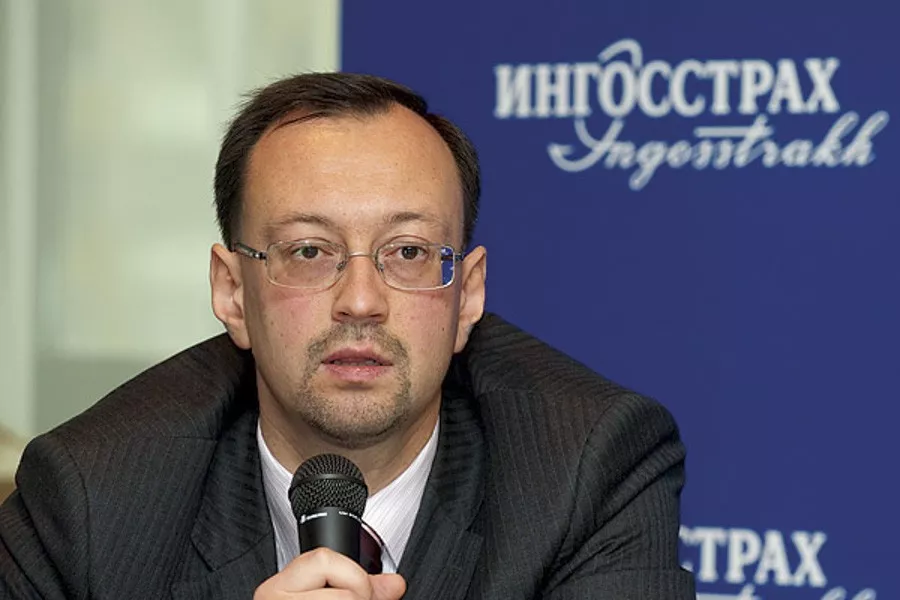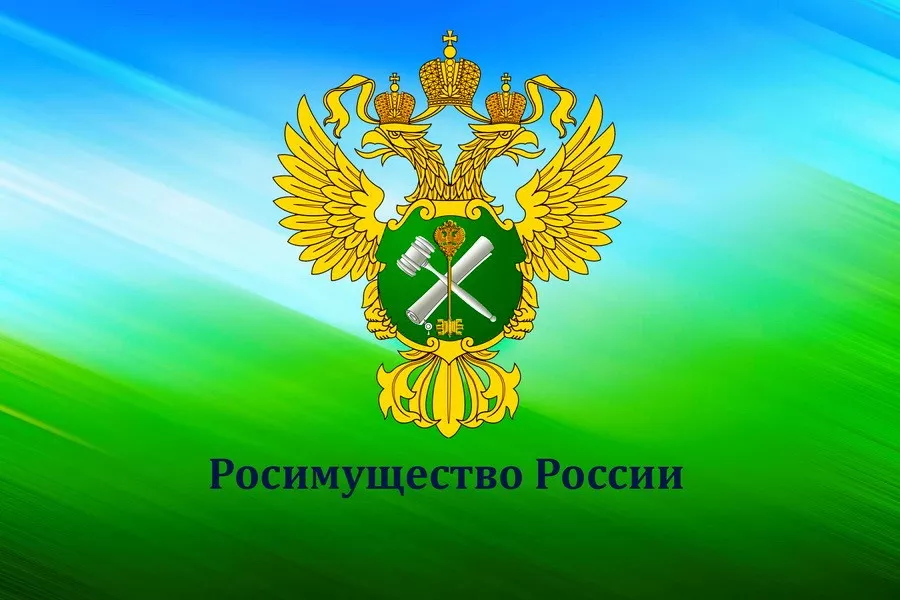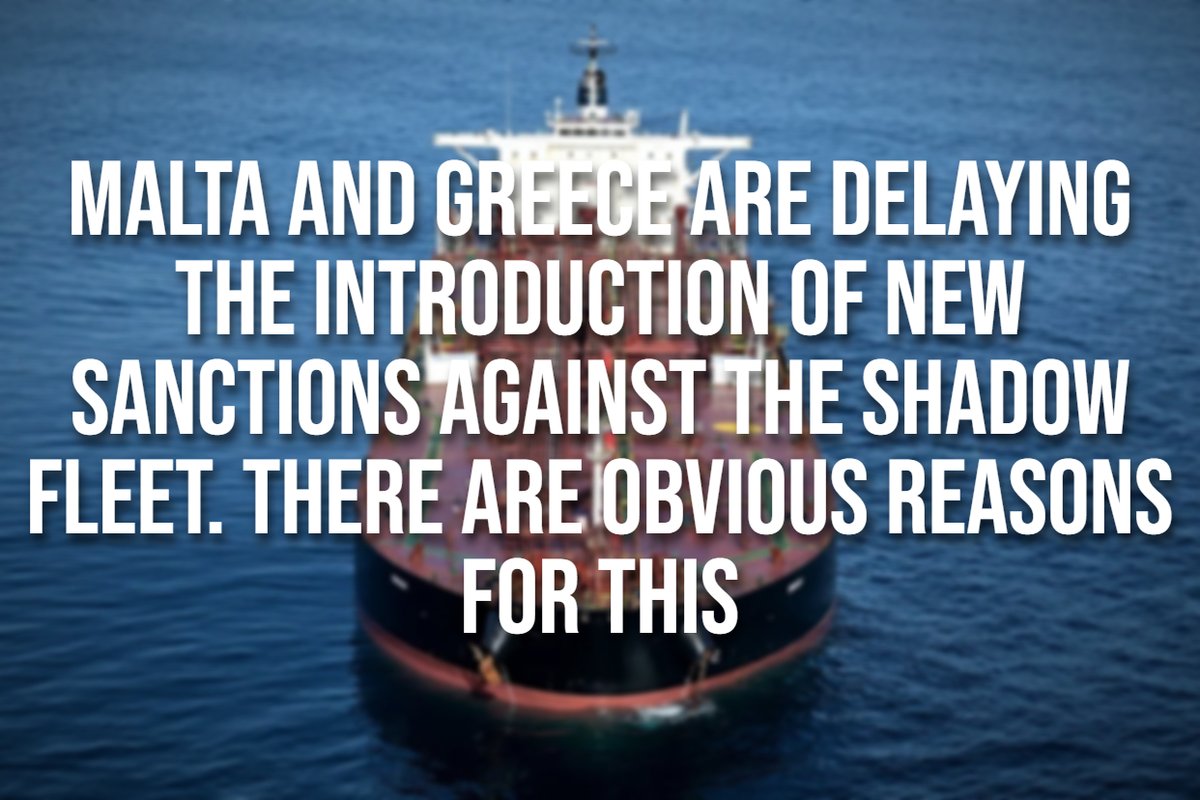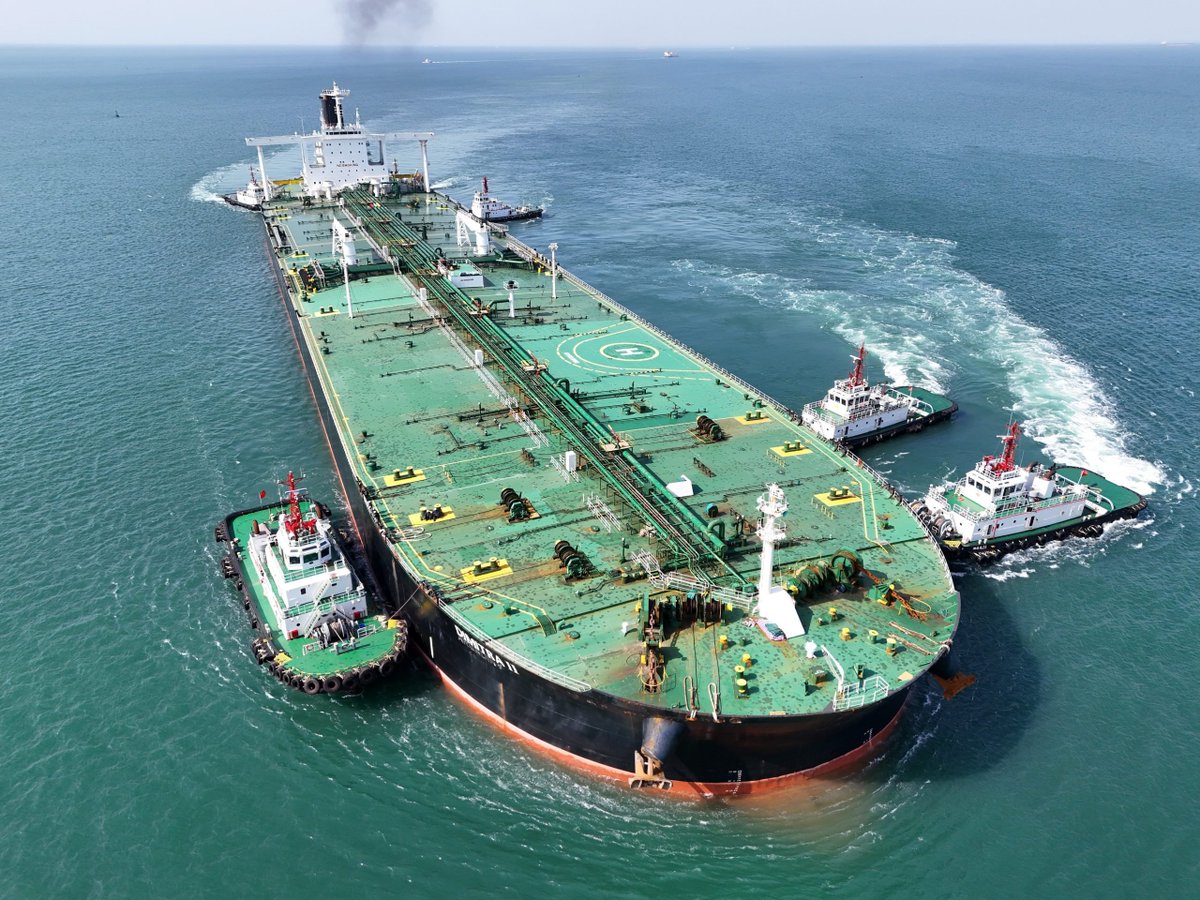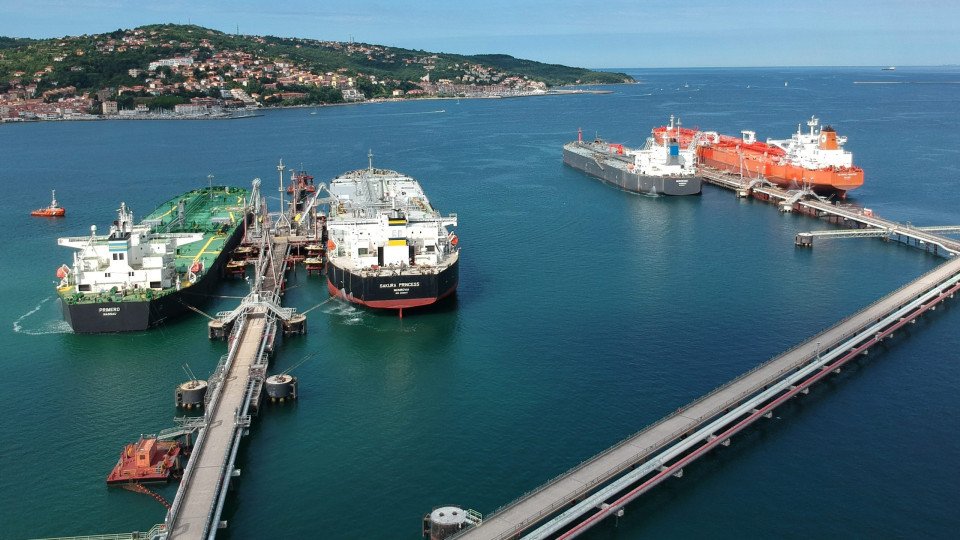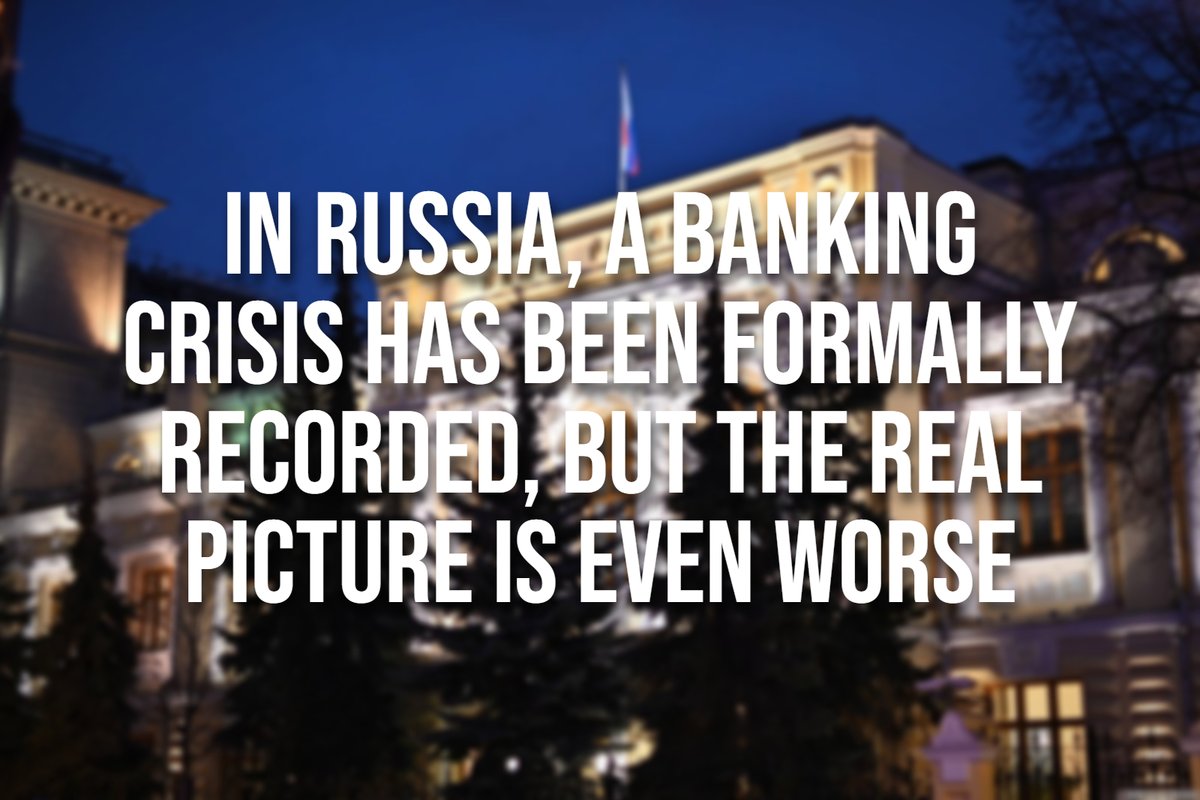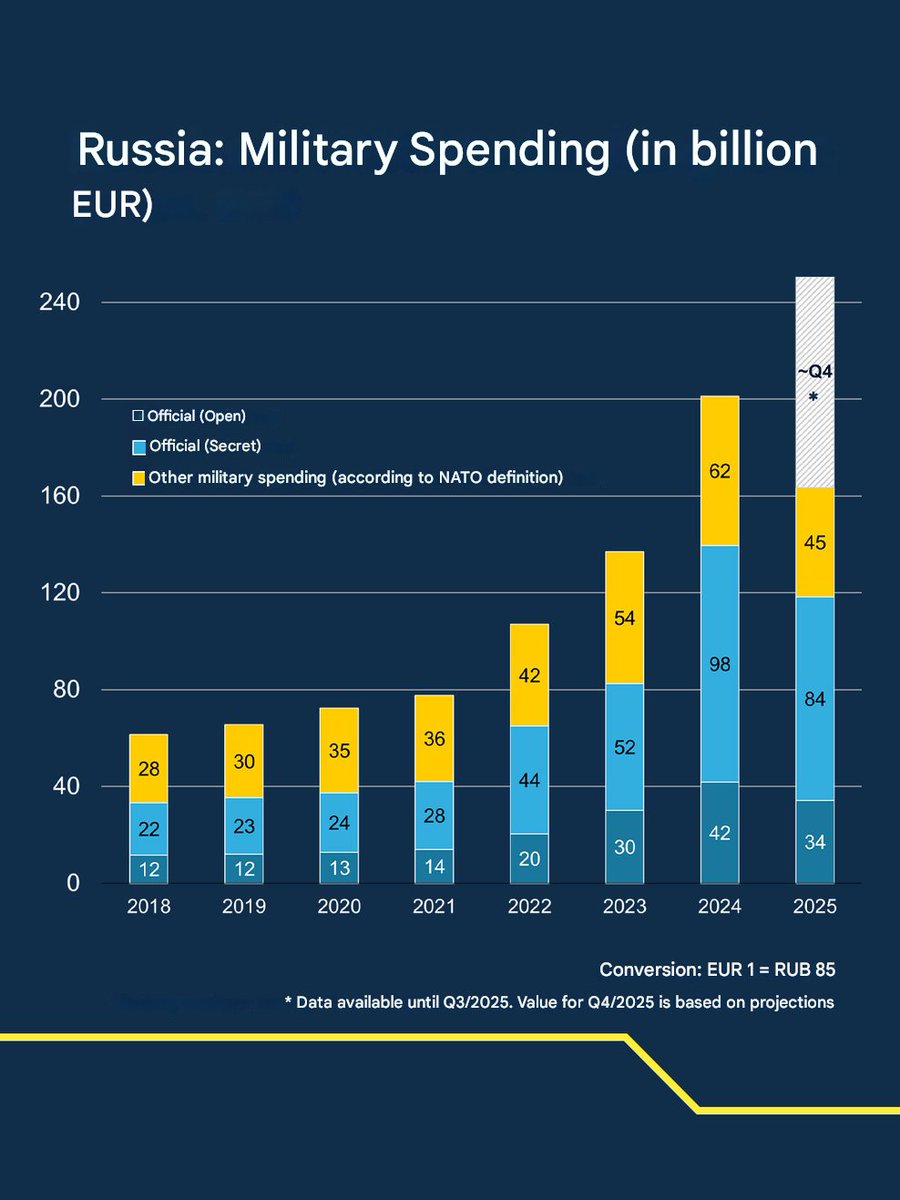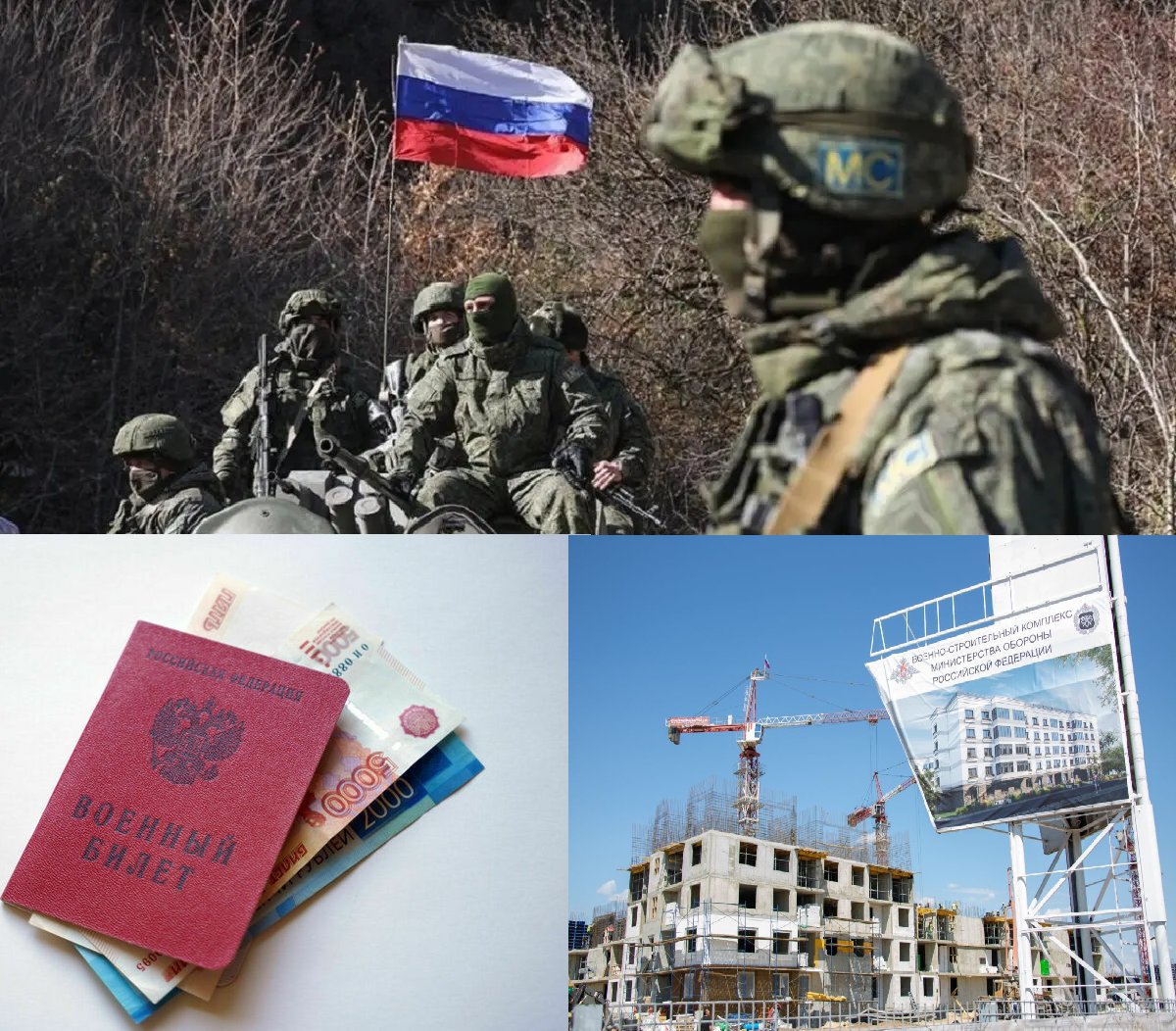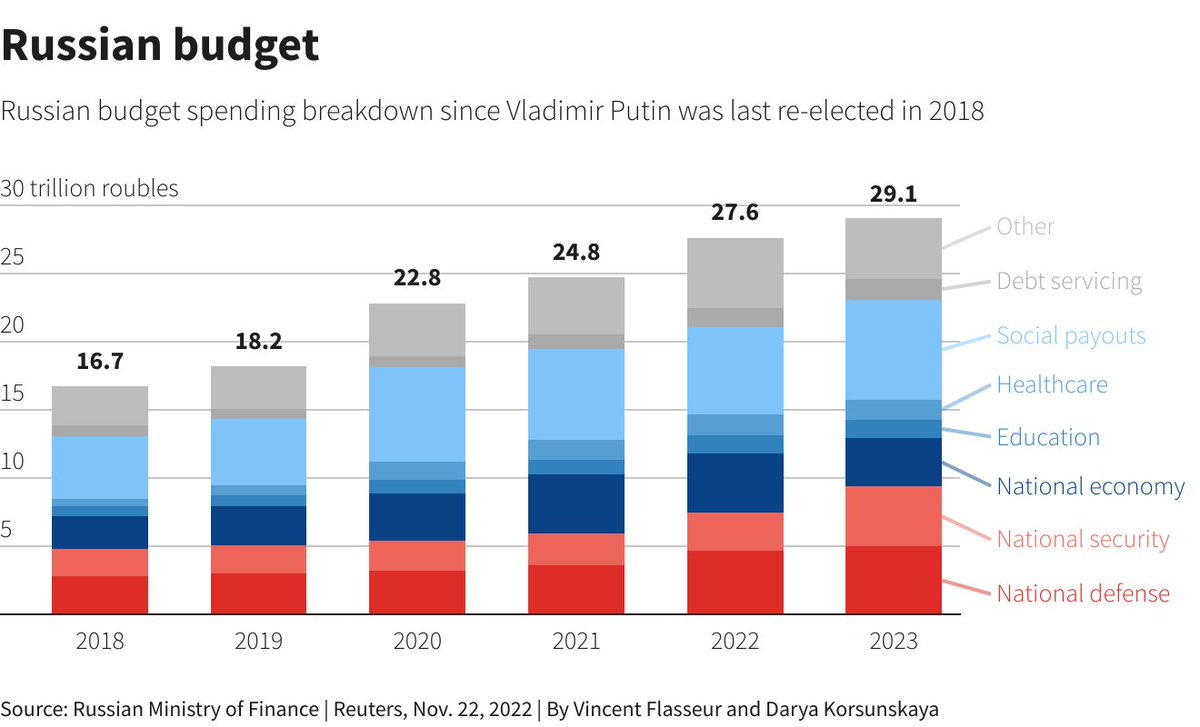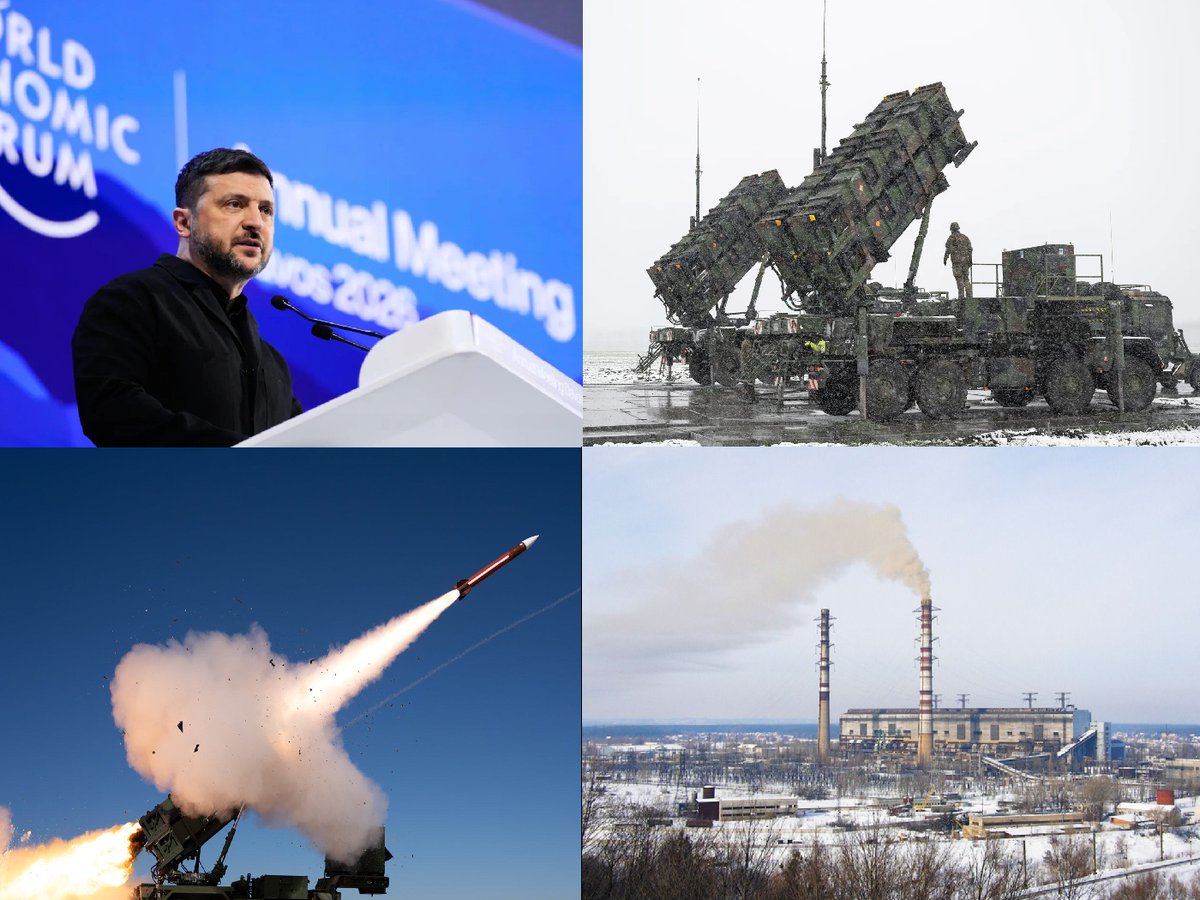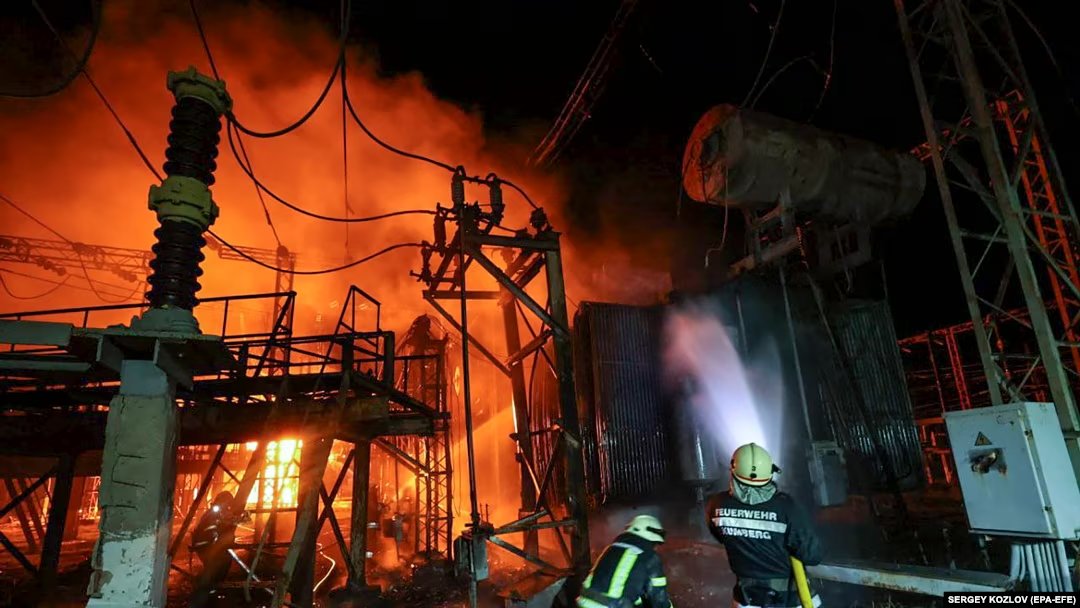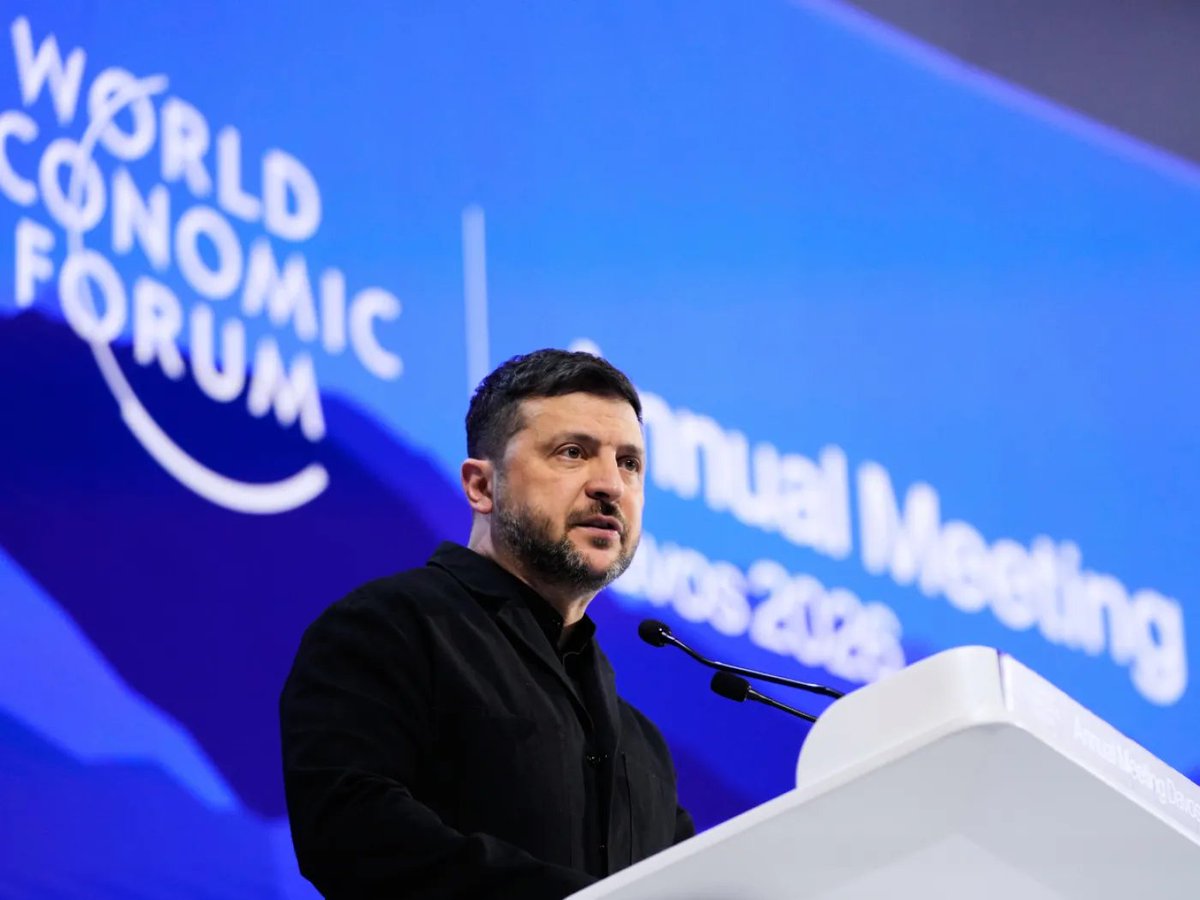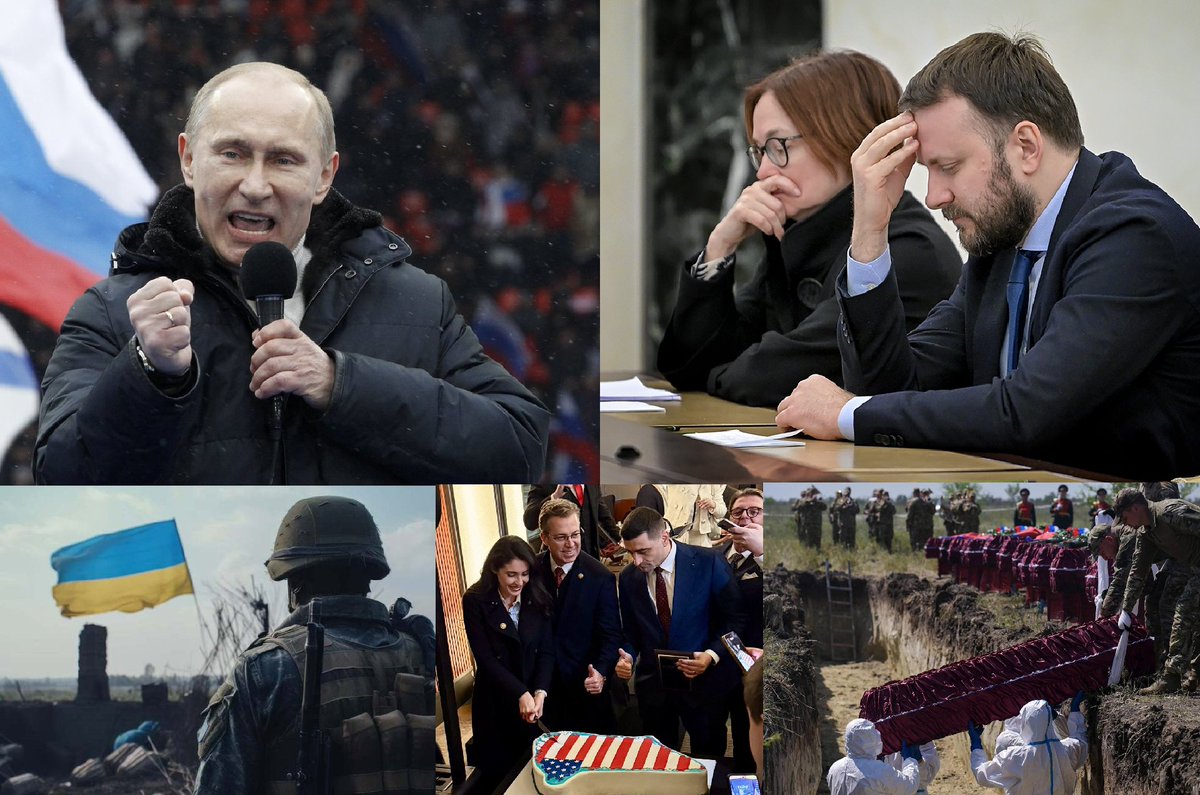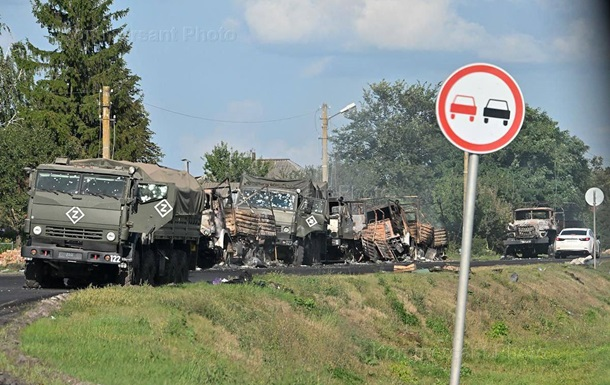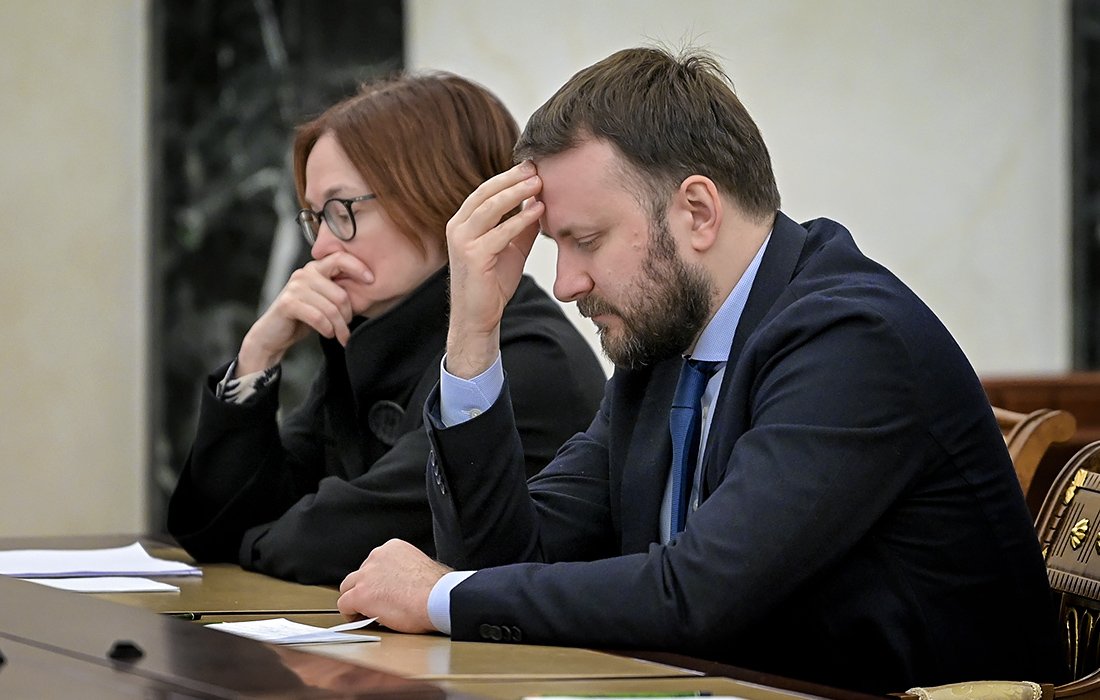1/6 Ukraine has successfully developed a domestic cruise missile with the range to strike deep into russian territory. Update by @joni_askola 

2/6 The Ministry of Strategic Industry of Ukraine has unveiled a new long-range Neptune missile, designed with the capability to target locations up to 1000 kilometers away. 

3/6 The Neptune missile was initially designed for anti-ship purposes, but in 2023, Ukraine disclosed that they had been developing an extended-range ground-to-ground variant of the missile. 

4/6 This is positive news, as even if Ukraine's allies authorize the use of the missiles they supply to target russian territory, the quantity of missiles provided will never be adequate. 

5/6 Ukraine's strategic focus on developing their own domestic systems is a wise move, as it reduces their reliance on foreign aid. 

• • •
Missing some Tweet in this thread? You can try to
force a refresh



